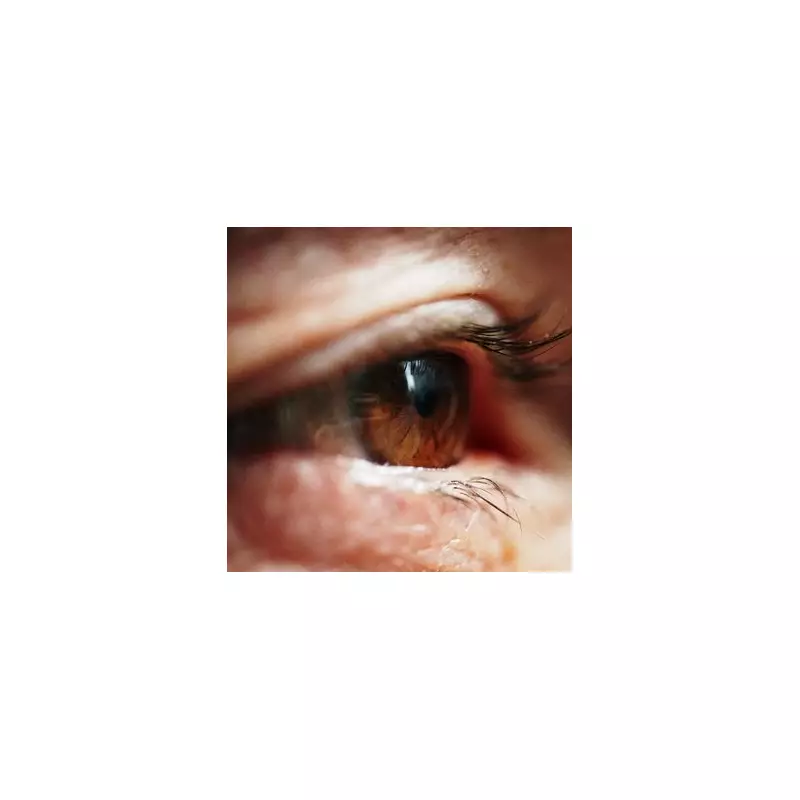
In a medical breakthrough that could transform how we approach cognitive decline, scientists have discovered that the eyes may hold the key to predicting dementia more than a decade before symptoms emerge.
The pioneering research, conducted by a team from the University of Cambridge and Moorfields Eye Hospital, reveals that subtle changes in the retina could serve as an early warning system for dementia-related conditions, including Alzheimer's disease.
The Window to Your Brain Health
The study, published in the esteemed journal JAMA Ophthalmology, analysed data from over 8,000 participants in the UK Biobank study. Researchers found that individuals who eventually developed dementia showed significant differences in their retinal structure compared to those who didn't.
"The retina is essentially an extension of the brain," explained lead researcher Professor Xiaohong Zhou. "What we've discovered are measurable changes in the retina that appear long before any clinical symptoms of dementia become apparent."
How the Revolutionary Test Works
Using advanced optical coherence tomography (OCT) scans—a non-invasive procedure commonly used by opticians—researchers examined the retina's multiple layers with incredible precision. They discovered that:
- Thinning of the inner nuclear layer was associated with higher dementia risk
- Changes in the retinal nerve fibre layer showed strong correlation with cognitive decline
- These changes were detectable up to 12 years before diagnosis
The technology behind these findings is already widely available in high street opticians, meaning this breakthrough could be implemented relatively quickly into routine eye examinations.
Why This Changes Everything for Dementia Treatment
Early detection is considered the holy grail of dementia research. Current diagnoses often occur only after significant and irreversible brain damage has already occurred. This retinal scanning method could:
- Identify at-risk individuals years before symptoms appear
- Enable earlier interventions and lifestyle changes
- Help recruit participants for clinical trials at earlier disease stages
- Monitor treatment effectiveness through retinal changes
Professor Zhou emphasised: "While there's currently no cure for dementia, early detection allows for better planning, access to treatments that can temporarily slow symptoms, and participation in clinical trials."
What This Means for Your Next Eye Test
The researchers stress that routine eye tests could eventually include dementia risk assessments as standard practice. However, they caution that more research is needed before this becomes widely available.
"We're not yet at the point where we can predict an individual's exact risk," noted Professor Zhou. "But we're moving toward a future where a quick, painless eye test could provide crucial information about your brain health."
The team is now conducting further studies to validate these findings and develop precise screening protocols that could be used in clinical settings across the UK's National Health Service.





